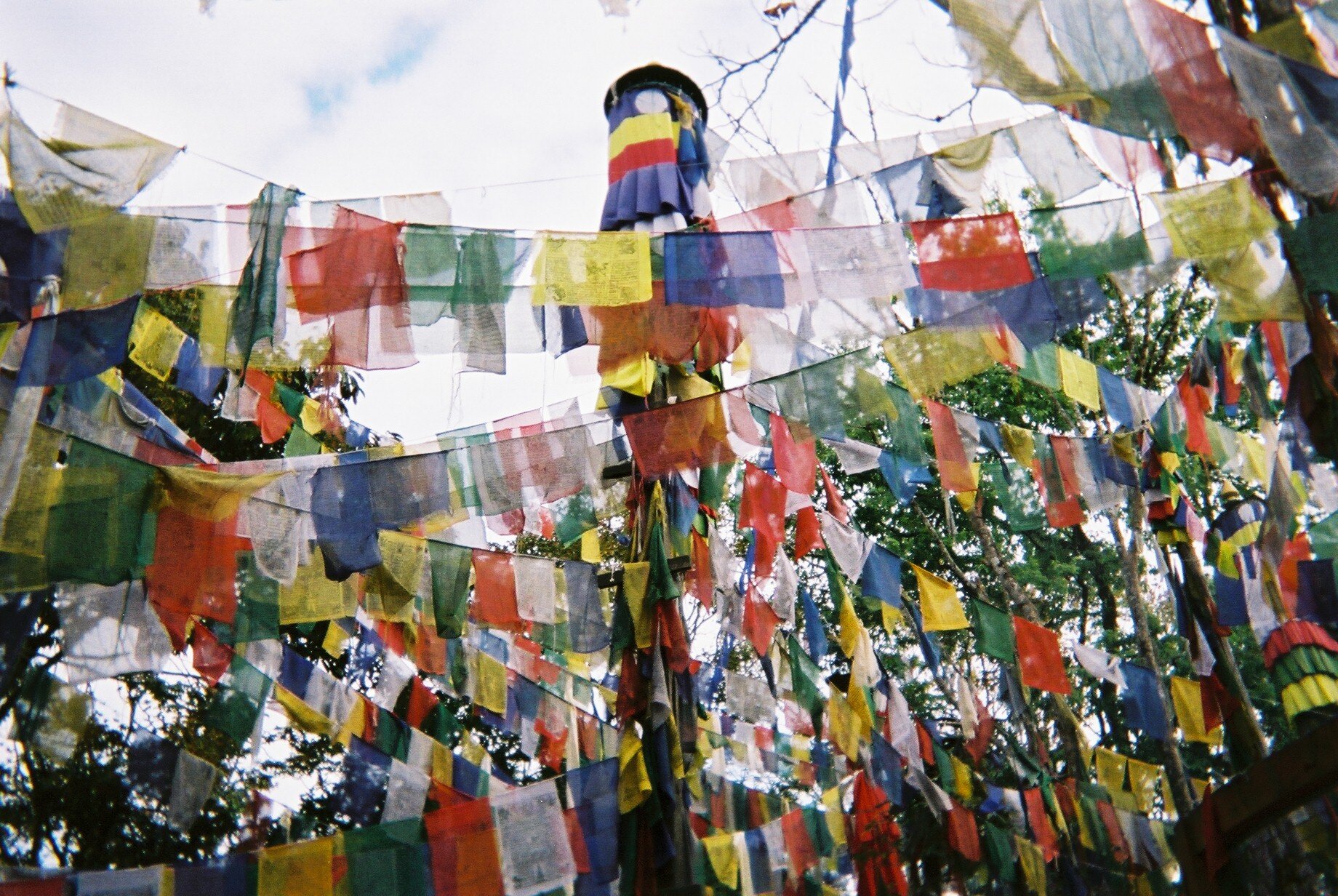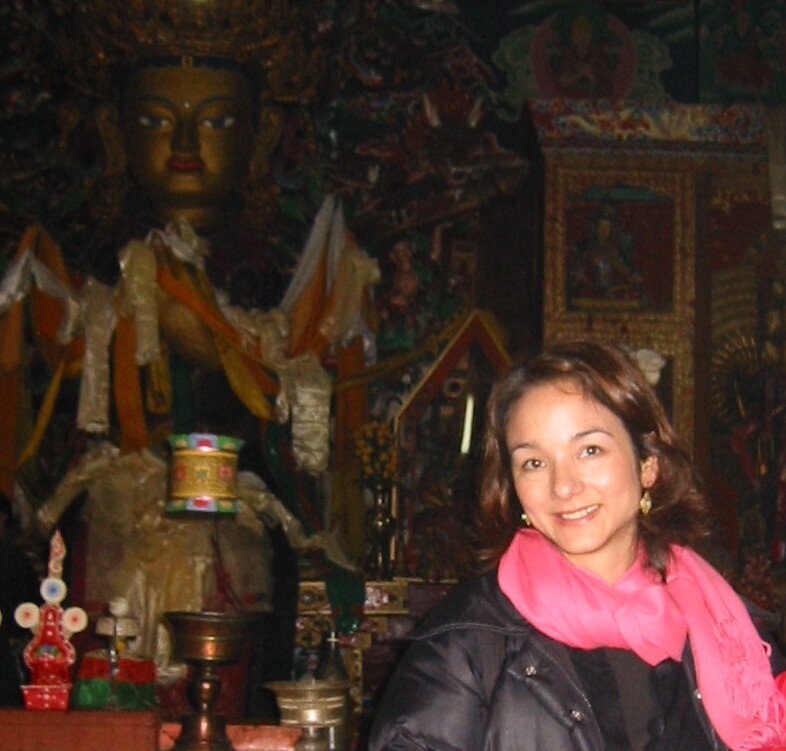

Mohsin Hamid: “Every Ending Is a Beginning”
The latest in an interview series I’ve launched with Tricycle about Tibetan bardo “between-states” in everyday life. The conversations explore acceptance, interconnectedness, and impermanence in relation to children and parents, marriage and friendship, and work and creativity, illuminating the possibilities for discovering fresh ways of seeing and finding lasting happiness. In this interview, I spoke with novelist Mohsin Hamid about coming to terms with change and loss. Hamid’s new novel, THE LAST WHITE MAN, has been named one of The New Yorker’s best books of 2022.

Maud Newton: “Moving Forward in the Present by Connecting to the Past”
The first in an interview series I’m launching with Tricycle about bardo in everyday life. The conversations explore bardo concepts like acceptance, interconnectedness, and impermanence in relation to children and parents, marriage and friendship, and work and creativity, illuminating the possibilities for discovering new ways of seeing and finding lasting happiness. In this interview, I spoke with author and critic Maud Newton about the importance of connecting to our ancestors. ANCESTOR TROUBLE: A RECKONING AND A RECONCILIATION, Newton's investigation of America’s fascination with genealogy and her obsession with her own family history, was named one of The New Yorker’s and Esquire’s best books of 2022.

Leaving the Palace (Tricycle)
Buddhism, womanhood, and my journey towards authentic selfhood.

The Myth of Moving On: An Interview with Suleika Jaouad (Tricycle)
In 2013, Jaouad won an Emmy for Life, Interrupted, a NYT video series chronicling her battle with cancer. Her 2019 TED talk, “What almost dying taught me about living,” has garnered over four million views. We spoke about Buddhist principles and her journey back to the kingdom of the well.

How Awakening to Our Ancestors’ Stories Fuels the Creative Process (Narrative Healing)
The stories of our ancestors lie dormant until we awaken to them. And their greatest power lives in how we engage with them, in the nexus between what they meant to our ancestors and what they mean to us.